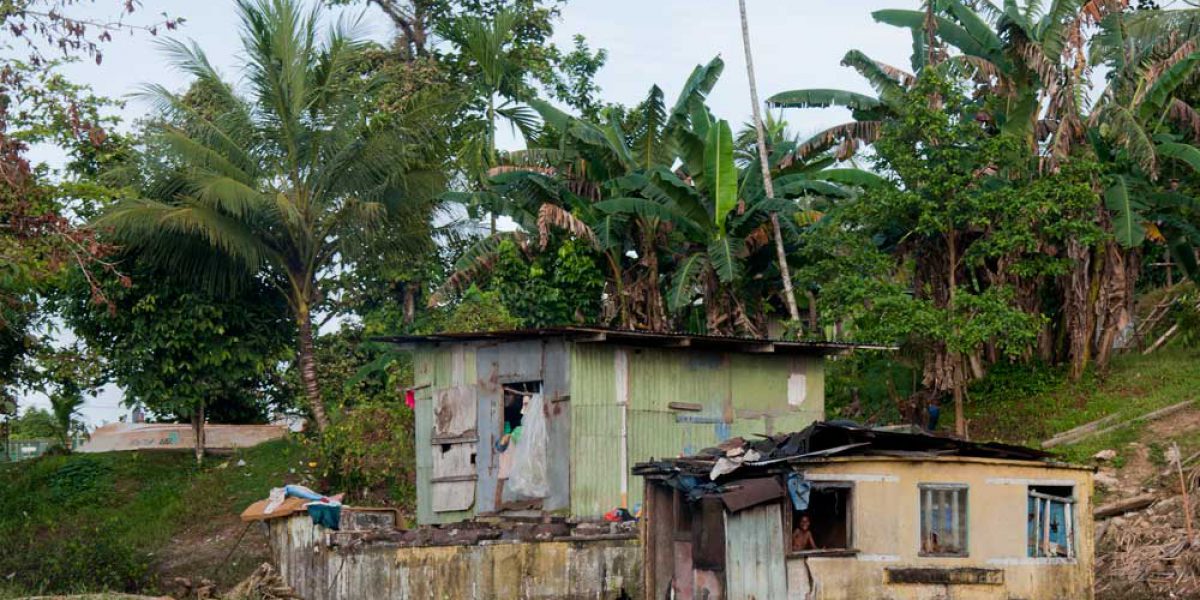Papua New Guinea: bishop urges NGOs to highlight the plight of West Papuan refugees
27 October 2011

Bangkok, 27 October 2011 – The Bishop of the Daru Kiunga Catholic diocese, Gilles Cote SMM, urged civil society groups to step up pressure on the Papua New Guinean government to improve the lives of West Papuan refugees and the local population living in the sparely populated southern western region bordering Indonesia.
In an interview with the Jesuit Refugee Service International Communications Coordinator, James Stapleton, Bishop Cote SMM spoke about the issues facing West Papuan refugees, including poverty, environmental degradation and tension with the local population.
When asked for ways to alleviate the plight of West Papuan refugees, Bishop Cote suggested the government should compensate all those affected by mining pollution. He also recommended NGOs become involved in trying to waive the fee for refugees to become citizens.
The West Papuan refugees fled Indonesia more than 25 years ago and today they are still struggling to get by. Nearly 9,000 refugees live in West Papua New Guinea, with 2,700 in the official East Awin camp and others spread throughout 17 different locations along the border. Those along the border live in a sort of legal limbo, denied access to official assistance.
Citizenship and compensation
For refugees living along the Ok Tedi and Fly rivers, the problem of environmental degradation is a reality of everyday life. Although pollution from the government-owned mine puts the health of all living along the river at risk, without citizenship refugees are unable to obtain the same compensation as locals.
Moreover, those wishing to apply for citizenship, including refugees born in the country, are liable for costs of up to 4,000 US dollars, an amount completely out of reach for the vast majority of West Papuans.
As the water levels rise along the river banks, refugees and local residents are forced to evacuate their homes several times a year. According to Bishop Cote, the government will eventually have to relocate both the local and refugee populations whose lowland homes are at risk.
This competition for scarce assistance and resources is a source of tension between refugees and the now outnumbered local population. These tensions will inevitably lead to conflicts over access to land, if both populations are forced to relocate away from the river.
As for returning to Indonesia, the future does not look promising. Bishop Cote and many refugees themselves remain sceptical and wary of the military’s heavy involvement in West Papua, despite claims by the Indonesian government that conditions are safe for people to return.
“I say to them if everything is okay, why you don’t allow NGOs or big organisations to work there and see with their own eyes…. There is something not right”, the Bishop said.


